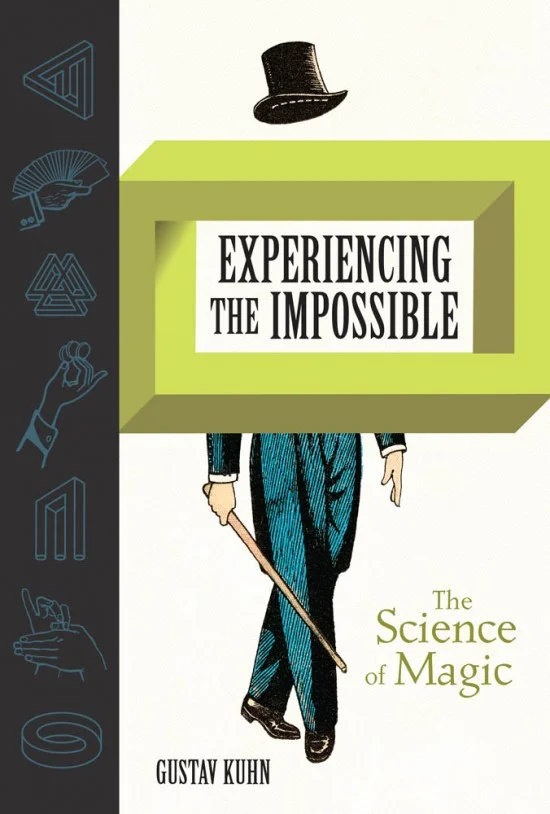I was out walking, catching up on podcasts when I came across this episode from BBC’s More Or Less. Its focus is math and statistics issues that come up in the news and (unsurprisingly) a lot of that has been about statistics surrounding COVID 19.
I was surprised when the episode contained a magic trick!
The trick in question is a math/mindreading trick which is quite old. It’s not uncommon to find it in children’s math sets. It’s most commonly known as the “Age Cards”. The way it works is that the magician has six cards with a bunch of random numbers printed on them, usually from one to sixty-four. You think of a number and look at the cards one by one and say “Yes” or “No” depending on whether or not you see your number. And that information is enough to determine what number you’re thinking of.
What’s really cool is that this concept is being applied to the technique of “Pool Testing” which is a method of grouping together multiple virus tests so you only have to run the test once but can still sort out who (probably) has the virus.
I was at convention some years ago with the legendary British magician Paul Daniels (who probably performed more magic on TV than any other person in history). He said that it was performing the “Age Cards” for someone randomly on a train led to his first TV show.



